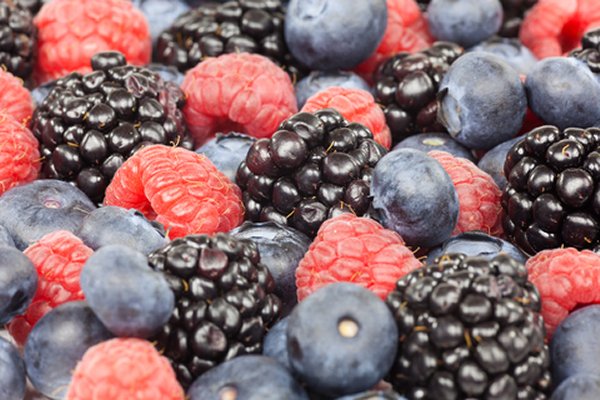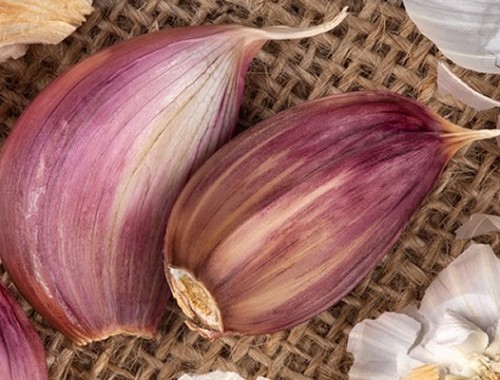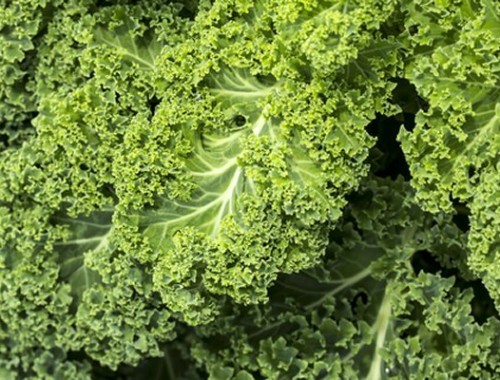Berries are nature’s super-foods. These small fruits are absolutely packed with vitamins and antioxidants. Juicing berries is a delicious way to add important nutrients to your diet. A pint of berries will yield about half a cup of juice.
Just don’t forget your vegetables when juicing. Berries like many fruits contain natural sugars which should be consumed in moderation. To get the maximum benefit from juicing you need to juice primarily vegetables and add fruit in to improve the flavor and sweetness of your juices.
If you’re using a centrifugal juicer you’ll want to juice berries that are fairly firm. Juicing softer berries can clog some centrifugal juicers so just be aware of this. Here are some common berries that you can add to your juices along with some of health benefits associated with them.
Strawberries
Strawberries are a great source of beta-carotene and vitamins B1, B2, B3, B5, B6, C, and E. They also contain calcium, potassium, magnesium, phosphorous, and iron. The nutrients in strawberries help support eye health and reduce the risk of macular degeneration. Strawberries also provide powerful antioxidant phytochemicals known as phenols. Some studies show that strawberries help prevent certain cancers like liver and esophageal cancers.
These popular berries may be ideal for weight loss. They are low in calories. One cup of strawberries has 54 calories. The anthocyanins in strawberries is thought to encourage the body to burn stored fat. Strawberries trigger the production of a hormone that boosts metabolism and decreases appetite.
Blueberries
Blueberries are rich in folic acid, calcium, magnesium, biotin, and vitamins B1, B2, and C. Anthocyanins are an antioxidant found in blueberries and blackberries. The anthocyanins support cardiovascular health by protecting the walls of our arteries from cell damage caused by free radicals. One study showed that anthocyanins may help prevent Parkinson’s disease.
Blackberries
Antioxidants, ellagic acid, vitamin C, and vitamin E are disease-fighting ingredients in blackberries. One study showed that blackberries have the ability to stop mouth cancer tumors and colon cancer cells. Ellagic acid is a phytochemical that kills cancer cells in laboratory tests. Though ellagic acid stops the growth of cancerous tumors in the laboratory, the use of ellagic acid in fighting cancer in humans has not been documented.
Raspberries
Raspberries are excellent sources of vitamin C, vitamin K, and manganese. Vitamin C and manganese help support wound healing. Vitamin K promotes healthy blood clotting when there is a wound. Vitamin K also helps with bone growth.
Bilberries
Bilberries are a source of an antioxidant called anthocyanidins. Bilberries are the berries that contain the highest levels of these antioxidants. This antioxidant helps prevent cancer, diseases of the eye, and other diseases as well as lower blood pressure and reduce cholesterol. Bilberries can improve blood circulation and help with such conditions like hemorrhoids and varicose veins.
If you want to know more about berries, the Berry Health Benefits Network has put together some interesting fact sheets about different berries. They are well worth reading!







No Comments